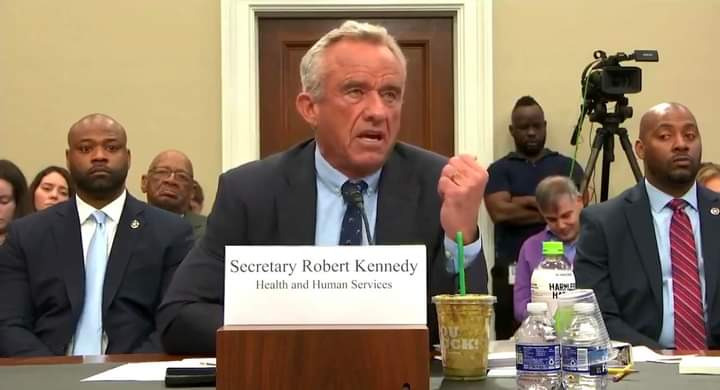Canadian Member of Parliament Charlie Angus has issued a strong warning to his fellow citizens, advising them to avoid traveling to the United States unless absolutely necessary. His statement comes amid growing concerns over the treatment of Canadian travelers at the U.S. border, where some individuals have allegedly faced arbitrary detention. Angus is calling on the Canadian government to take a firm stance in defending its citizens’ rights and ensuring that they are treated fairly when crossing into the U.S.
Angus emphasized that the situation is not just about individual cases but about upholding the rule of law. He expressed deep concern over the reports of Canadians being denied entry or detained without clear justification, arguing that such actions undermine fundamental rights. According to him, Canada has a responsibility to stand up against these practices and demand accountability from its southern neighbor. He insists that government intervention is necessary to prevent further violations and to ensure that Canadians are treated with dignity and fairness.
This warning from Angus reflects broader tensions in cross-border relations, as issues related to immigration, national security, and travel rights have become increasingly complex. His remarks suggest that Canada must assert itself diplomatically to address these concerns, rather than allowing its citizens to face undue hardships at the border. He believes that failing to take action could set a dangerous precedent, where Canadians may continue to be subjected to unpredictable and unjust treatment.
While Angus’s statement may be seen as controversial, it raises important questions about the evolving relationship between Canada and the United States. Many Canadians rely on easy access to the U.S. for business, leisure, and family visits, making border security policies a topic of public interest. His call for government action highlights the need for transparent and fair policies that respect the rights of all travelers, rather than imposing arbitrary measures that create uncertainty and distress.
Ultimately, Angus’s warning serves as a wake-up call for both Canadian officials and travelers. Whether or not his concerns will lead to concrete policy changes remains to be seen. However, his strong stance underscores the need for vigilance in protecting citizens’ rights on the international stage. As discussions continue, Canadians may have to reconsider their travel plans and remain informed about potential risks when crossing into the United States.



